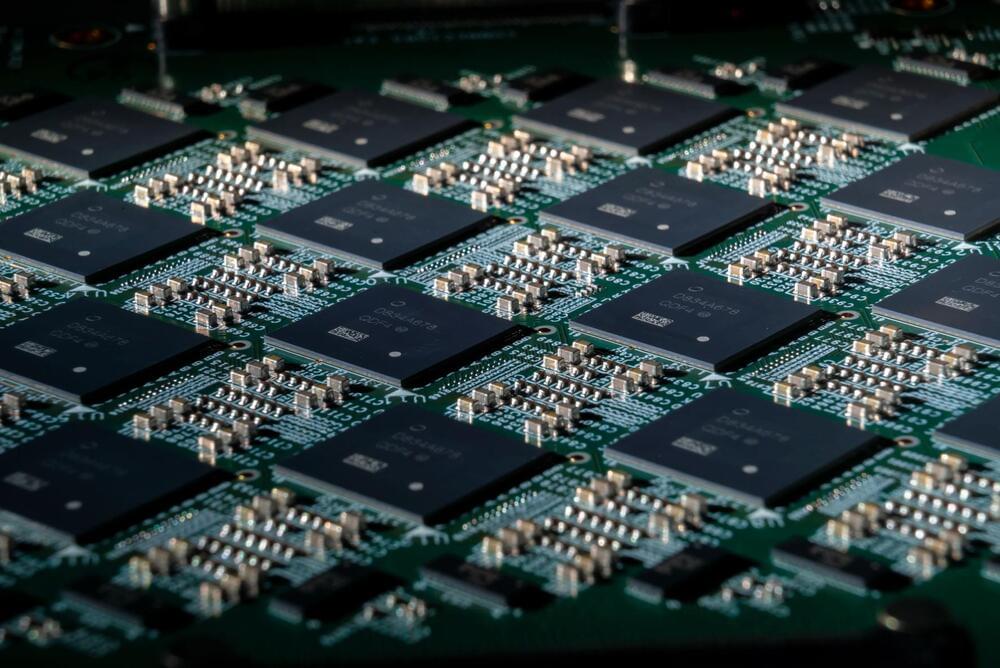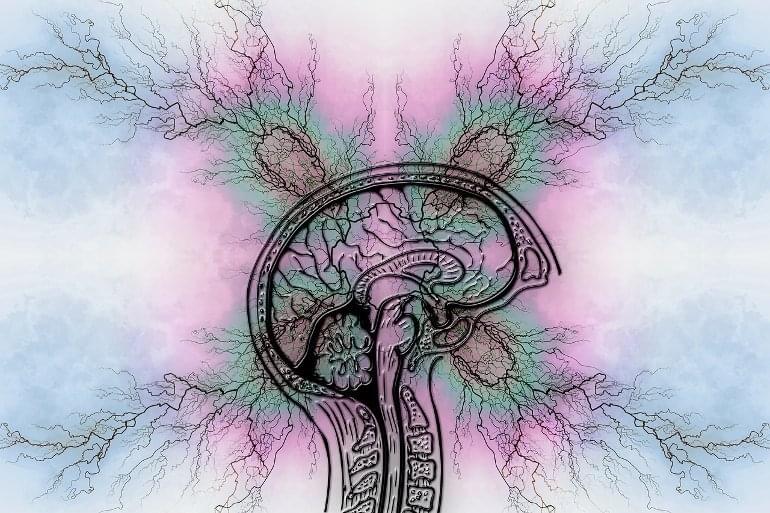According to complexity economist Brian Arthur and physicist Geoffrey West human social systems function optimally as complex adaptive systems – or quantum systems.
The newly developed field of quantum leadership maps the human, conscious equivalents onto the 12 systems that define complex adaptive systems or quantum organisations. These are: self-awareness; vision and value led; spontaneity; holism; field-independence; humility; ability to reframe; asking fundamental questions; celebration of diversity; positive use of adversity; compassion; a sense of vocation (purpose).
Quantum leadership is essentially a new management approach that integrates the most effective attributes of traditional leadership with recent advances in both quantum physics and neuroscience. It is a model that allows for greater responsiveness. It draws on our innate ability to recognise, adapt and respond to uncertainty and complexity.






